Welcome to my no-mess, no-fuss method to getting your potty training sorted out, FAST!
The moment you welcome your puppy into your home, it’s as if the world has changed.
Your new puppy is adorable and angelic – no one can convince you that you just signed up for one challenging yet fulfilling ride.
That is until you see the first spot of pee all over your carpet.
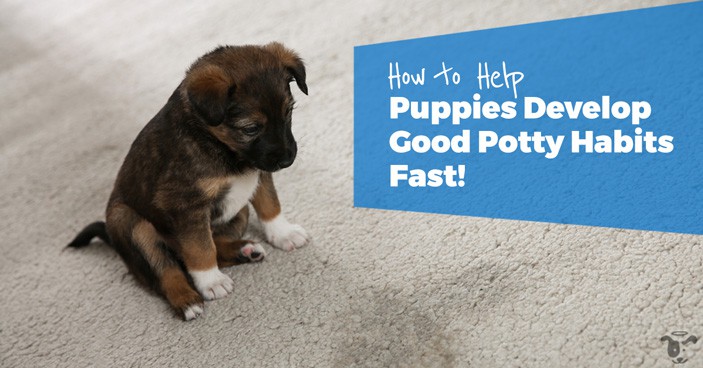
It’s understandable why most puppy parents feel overwhelmed and intimidated by the concept of potty training. In fact, it’s one of the biggest reasons that pushes new puppy owners to say, “I quit. I give up.”
I totally understand the frustration – potty training calls for a ton of patience. You see other dogs pick up the proper habit quickly, and you wonder why your dog seems to take their sweet, sweet time.
Most new puppy owners who have gone through my Puppy Coach Program come to me with a common struggle: potty training.
Hope is not lost – even if sometimes, it can feel so – because with the right guidance, and proper training, your puppy will catch up on the right way to do potty breaks.
Key Takeaways
- As new puppy parents, knowing that you have the full responsibility with potty training contributes a lot to a successful potty training journey.
- Common potty training myths including not teaching dogs early can significantly delay a puppy’s potty training progress.
- Screaming, hitting, and rubbing a dog’s nose on their pee are doing more harm than good.
- Potty training accidents should be approached in a proactive manner.
- Using crates and puppy pads are okay, as long as you understand how to make it work for your puppy.
- Schedules + compliments and reward make a difference in speeding up potty training success.
Table of Contents
What Contributes to Potty Training Success
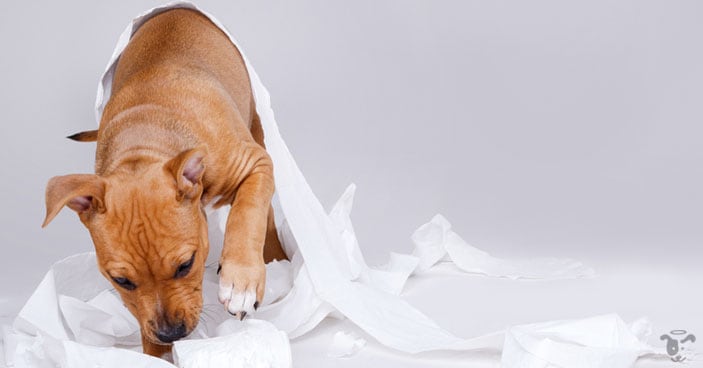
Potty accidents frequently happen during the early weeks because puppies can’t hold their pee.
If you’re frequently wiping the floors, cleaning carpets, and dealing with surprise pee all over the place, you’re probably eager to get over potty training fast.
But before you start, here’s a puppy training tip: trust is crucial in teaching dogs correct habits.
I know, it’s exciting to go and get the potty training challenges out of the way, but starting without a solid foundation in your relationship with your dogs can pose a problem.
I’ve heard several potty training frustrations stemming from a lack of trust. Puppy owners bought all the essentials and enrolled puppies in classes, but none were successful.
Here’s what I want you to remember once you jumpstart your potty training for puppies: your puppy has to feel safe with you in order to listen to and learn from you.
Common Myths About Potty Training That Might Delay Your Puppy’s Progress
Learning how to potty train puppies is also knowing which potty training myths should be shelved. Here are some common potty training myths that might actually hurt your puppy’s progress.
MYTH #1: It’s too early to start my puppy potty training.
At first glance, an 8-week-old puppy still looks a tad young to start training. The baby-ness we see in them can sometimes make us delay introducing correct potty habits.
However, research has found that eight weeks is an ideal time to start dog training. The earlier you start, the faster they can pick up cues and instructions without too much stubborn resistance.
Starting early can help set up your puppy to success.
MYTH #2: Screaming and hitting the dog will show them who’s boss, then they’ll obey me.
One thing I learned about parenting that I also use in training dogs is this: kids listen when they feel safe. Dogs are just like that!
You can check a blog I wrote about the connection between parenting and dog training here.
Potty training will have its share of failures, but never ever let out your frustrations on your puppy. When they don’t feel safe, trust is hard to form. A lack of trust between you and your dog can affect how fast they learn from you.
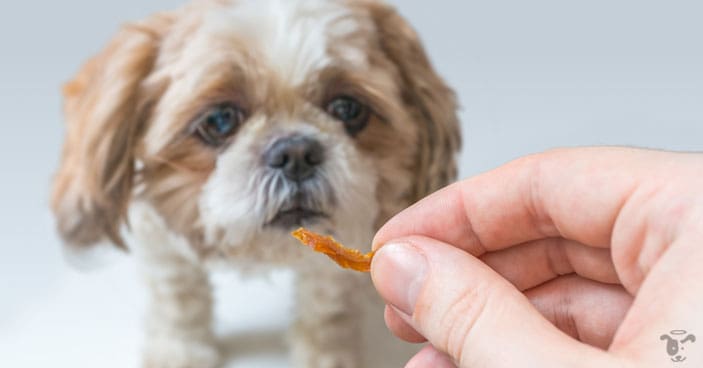
MYTH #3: Rubbing my puppy’s nose on their pee spot will help dogs understand potty training better.
I know that the rationale behind this training style is to let a puppy know, “Hey, if you do this next time, you’re going to have your nose here again.”
Rubbing your puppy’s nose on their pee spot only teaches them to be scared of you, which can be a big problem in the long run.
Puppies hate the smell of their pee. That looming fear of punishment can make them hide from you every time they need to “go” – a habit that could significantly delay potty training progress.
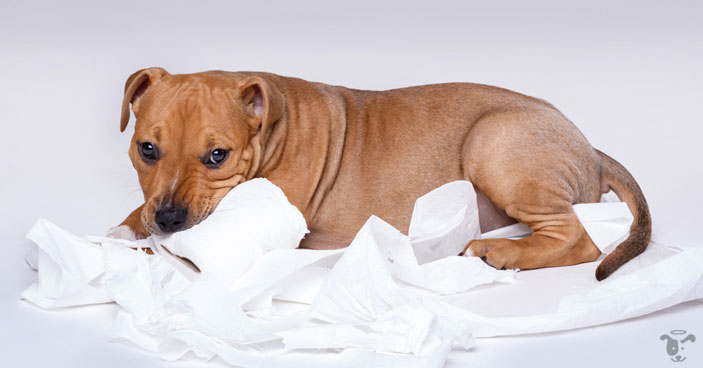
MYTH #4: I don’t have 100% responsibility with potty training.
The heart of potty accidents is this: puppies simply follow what their bodies tell them to do – to pee. They don’t have an inherent idea of where, when, and how they should do it. They just need to pee; that’s it!
The good thing is that they have you to guide them all the way. You know the best time to pee, where to pee, what rewards to give, how to acknowledge correct behavior, and how to make sure no potty accidents happen.
I always ensure puppy parents know that the potty training journey is entirely their responsibility because it prevents unrealistic expectations that can lead to frustration!
A huge chunk of potty training success lies in your hand; your puppy will simply follow instructions.
Training can get overwhelming. If you’re quite unsure how and when to start, check out this Potty Training Made Easy video series that I have prepared for puppy owners for FREE.
MYTH #5: All I need to do is wipe the pee and everything will be fine.
There might be sneaky little things that are causing your dog to still pee on the same spot you told him not to pee before. We’ll call them the pee spots!
If you haven’t thought about the stain of your puppy’s pee before, you might want to check it.
Dog pee contains pheromones which can make or break your puppy potty training progress. Pheromones teach dogs boundaries and tell them where it’s good for them to urinate. When puppies sniff pheromones from the spot where he had his potty accident, he could pee in the same place again.
Suppose your dog pees on a spot where he shouldn’t; clean immediately. Use a tissue to blot out the liquid, and then follow through with a good spray cleaner that will kill the enzymes that create the trigger scent.
Without these distracting scents, your dog can quickly catch which places are safe to pee, and which are off limits.
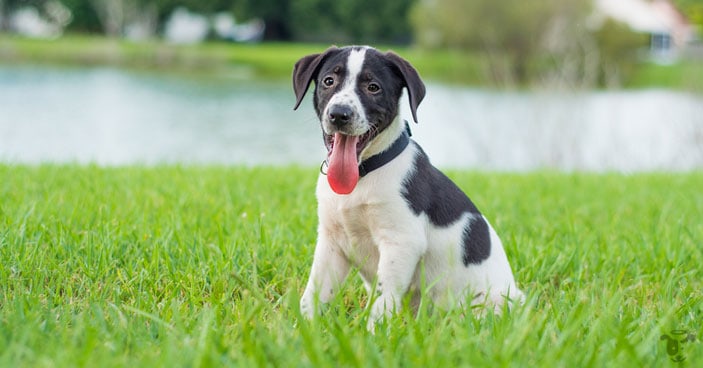
Puppy Potty Training Outdoors: Helpful Tips That Work
I always recommend that puppy parents lead their doggies outside to do their business when circumstances allow.
Create a routine where you accompany your puppy outside to pee. Usually, puppies need to be walked out during these times:
- After puppy wakes up
- Right after a meal
- A few minutes after drinking water
- After their naptime
- During playtime
- Before going to sleep at night
Apart from the list above, you can also use your dog’s age to know when it’s time for potty. The rule of the thumb is age in months + 1. If your dog is two months old, they can hold their pee for 3 hours. Most dogs can hold their pee for 6-8 hours once they hit their 6th month.
You can do a couple of things while you are training your puppy to pee outdoors to ensure that what you teach will stick.
- Create a habit of going outdoors. Your dog will notice the pattern, and will soon get that they need to hold their bladder until they are outside.
- Give them a clear command to “Go potty.”
- I know it’s tempting but refrain from doting on them while they’re doing their business so they won’t feel like potty time is playtime.
- Be excited for potty time. Encourage your dog with verbal rewards such as “Good potty!” or “Such a good boy!”
- Celebrate their little wins with a treat, or playtime. Let your puppy know they’re making progress and you’re proud of them.
Puppy Potty Training Indoors: Do Crates and Potty Pads Work?
Truth is, dogs are not too different from us when it comes to how we feel about having a soaked mattress. Your puppy – by nature – prefers his living space to be clean.
Crate training as a potty training tool helps teach your puppy to hold their bladder for a longer time period.
You can check the full benefits + the how-to’s of crate training here.
When choosing a crate, go for just the right size – not too big, not too cramped. If a crate is too big, your puppy might think it’s fine to pee on an empty spot.
Some new puppy owners choose to place puppy pads in crates.
Here comes the golden question: do potty pads work?
I would recommend potty pads to parents who want to have some breather from potty training or those who are under circumstances where going out is hard.
You can place puppy pads on top or under grass patches and place them in an area that is easy to clean.
However, puppy pads are just temporary solutions since they could send mixed signals to your puppy.
Quick Potty Training Puppy: How to Potty Train Puppy The Fast and Easy Way
Potty training puppies fast takes a lot of commitment to help the dog progress and prevent any regression from happening.
Here are some things you can do to help your puppies pick up the best potty training habits in no time.
Establish a Potty Training Routine and Follow a Potty Break Schedule
Dogs thrive on a routine because it prevents them from second-guessing what will happen next.
A schedule also helps a puppy catch on to what they need to do – something that will save you from being run-ragged with all-day, all-week puppy training.
After a short while, once your puppy catches up, they won’t need to be supervised all day long.
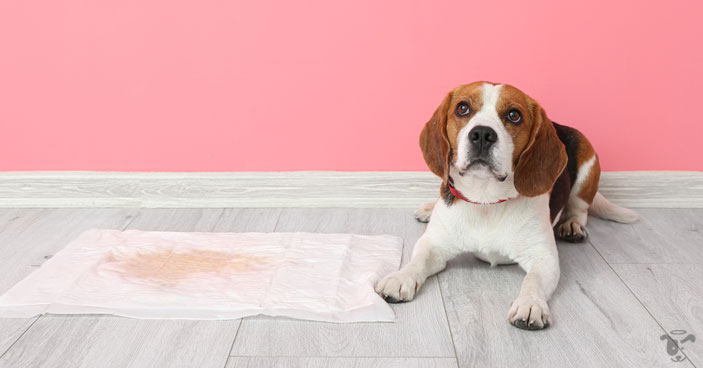
If you’re a new puppy parent still unsure what to put in a schedule, you can check out the blog I made on the best schedule for 8-week-old puppies that you can follow.
Be Consistent
Puppies are intuitive creatures – they follow what feels comfortable and natural. They’ll be looking at you with their big eyes, taking cues from you on what will happen next.
Consistency is crucial during the first few weeks. Staying consistent is one of the best ways to curb the development of bad habits that are hard to correct.
I know it’s tough doing something out of your routine for your puppy, but trust me: you just have to go through the hard work to ensure you won’t have puppy training headaches in the long run.
Check here for some tips on how to correct naughty puppy behavior early!
Following an hour-by-hour schedule for potty training puppies – and sticking to it – hits two birds with one stone: puppies learn how to hold their pee longer, and they develop the habit of urinating outdoors instead of indoors.
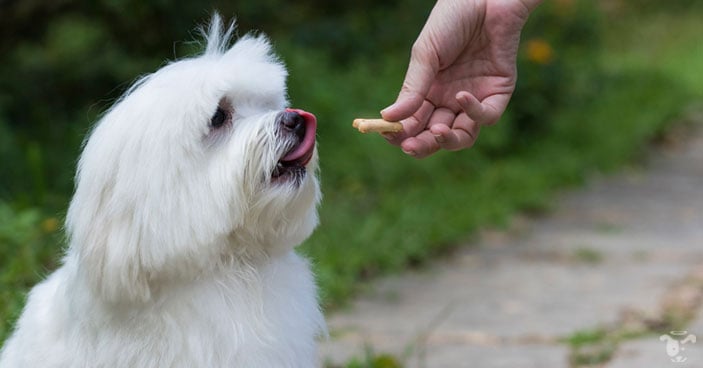
Offer Rewards and Compliments
A treat, a cuddle, a celebratory dance, or a compliment given in an excited voice are just some things you can do to let your puppy know they’re doing well and are on the right track.
The reward should be immediate, so your puppy can automatically associate it with their potty success.
Learn more about giving rewards and compliments in this FREE potty training video series that has helped thousands of parents set up their puppies to potty training success.
Evaluate Puppy Schedule Using a Potty Training Chart for Puppies
During the first few days, evaluating your puppy’s potty behavior will enable you to tweak and customize their schedule for the day.
You might observe that your dog won’t always pee during the time you have set for them or perhaps pee more than you have set.
You can confirm if you’re schedule matches their natural rhythm by checking for your pet’s potty cues which can include:
- Walking in circles
- Sniffing around
- Pacing back and forth
- Making little whining noises
- Circling on an area where a previous potty accident occurred
To help you monitor your puppy’s schedule efficiently, I have prepared a free potty training time chart where you can log important info.
Puppies are pretty fast learners – they absorb everything like a sponge! Fast potty training progress is possible, especially with an ideal schedule and a puppy parent that never gives up!
If you need more guidance and help on training your puppies not only on potty training but also on other habits, you can check out the Puppy Coach program I have made that has helped thousands of puppy owners stress less!
I hope my tips here will help you and your puppy reach that potty training success!
Best of luck.
~ Doggy Dan


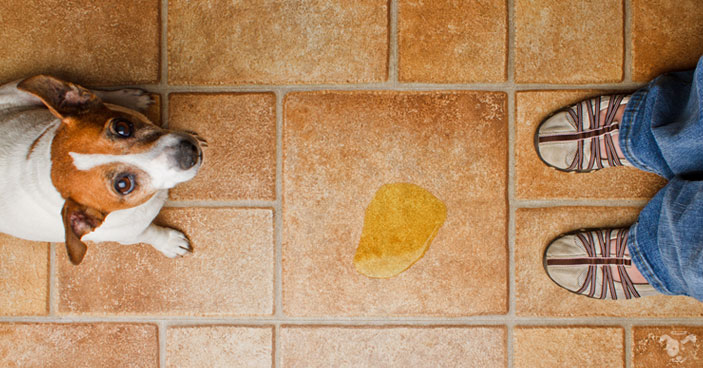

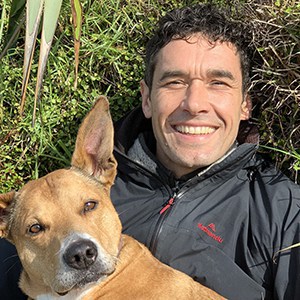
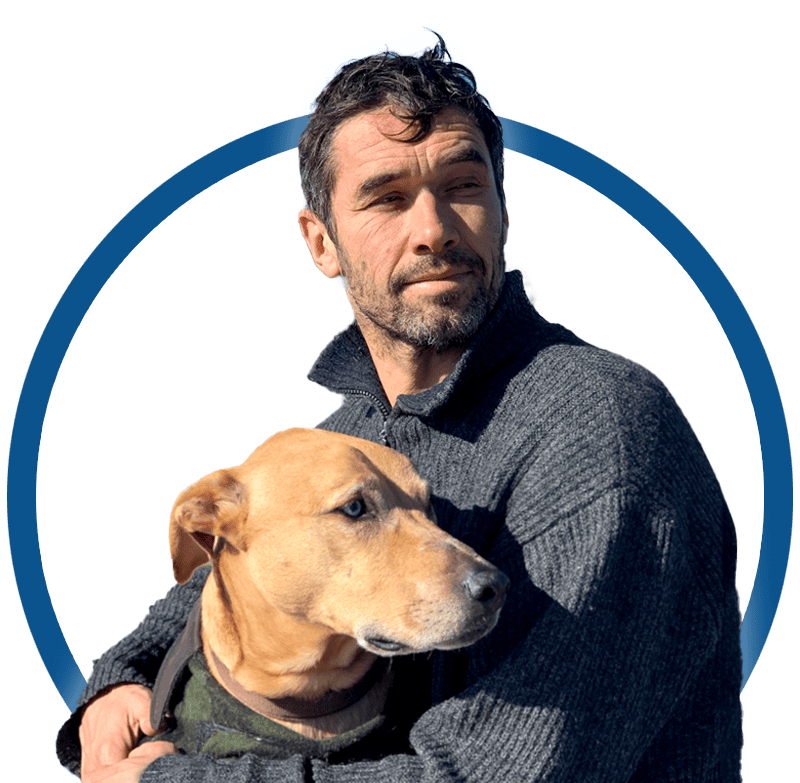
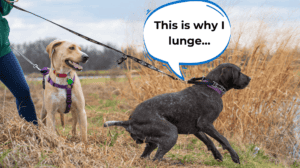
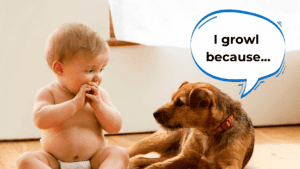
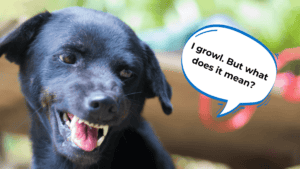
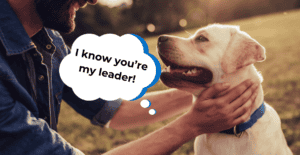
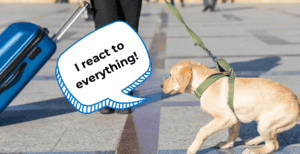
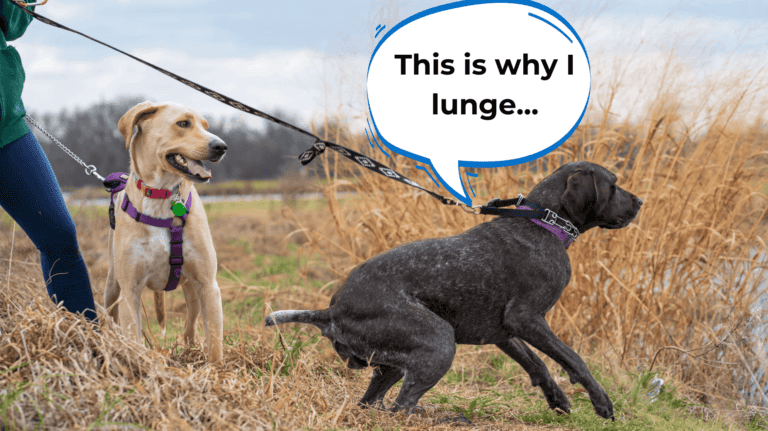
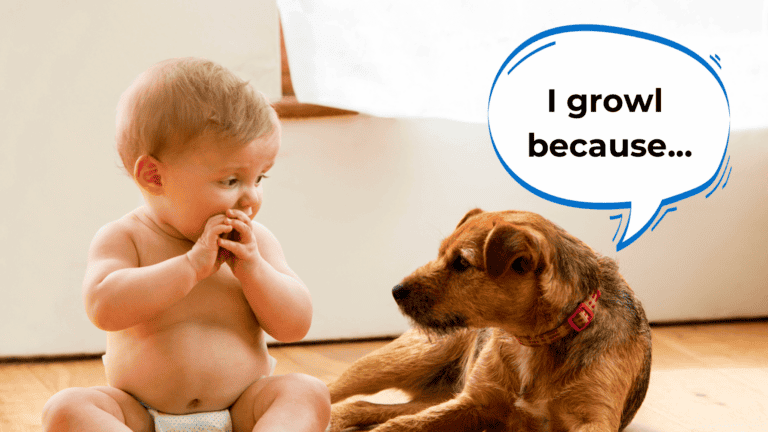
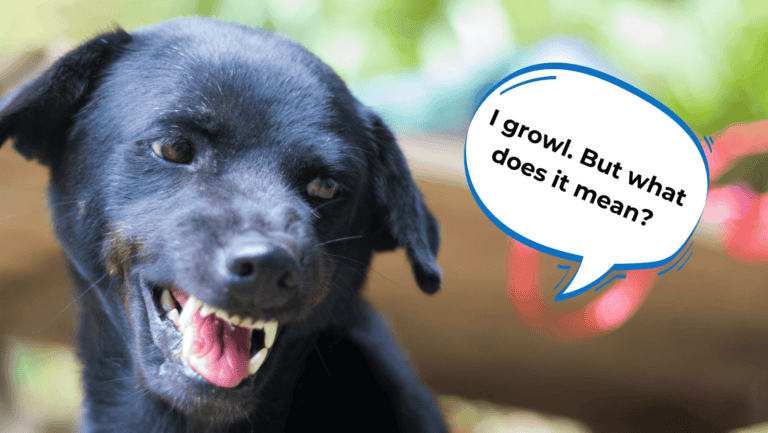

1 Response
Hi,
Thank you so much, Doggy Dan and all your team. I appreciate it very much. I will follow your example for sure to train Bijou. Two weeks ago, Bijou was doing Ok and wanted to go outside to do his business , It is just , that the days now are getting cooler, more so in the morning. He doesn’t want to stay long, even with a little sweater and want to leave before he is done, he usually have to finish inside. We continue to go outside, more often in the afternoon.
I wish I could know when he needs to go, God bless you all, Zell